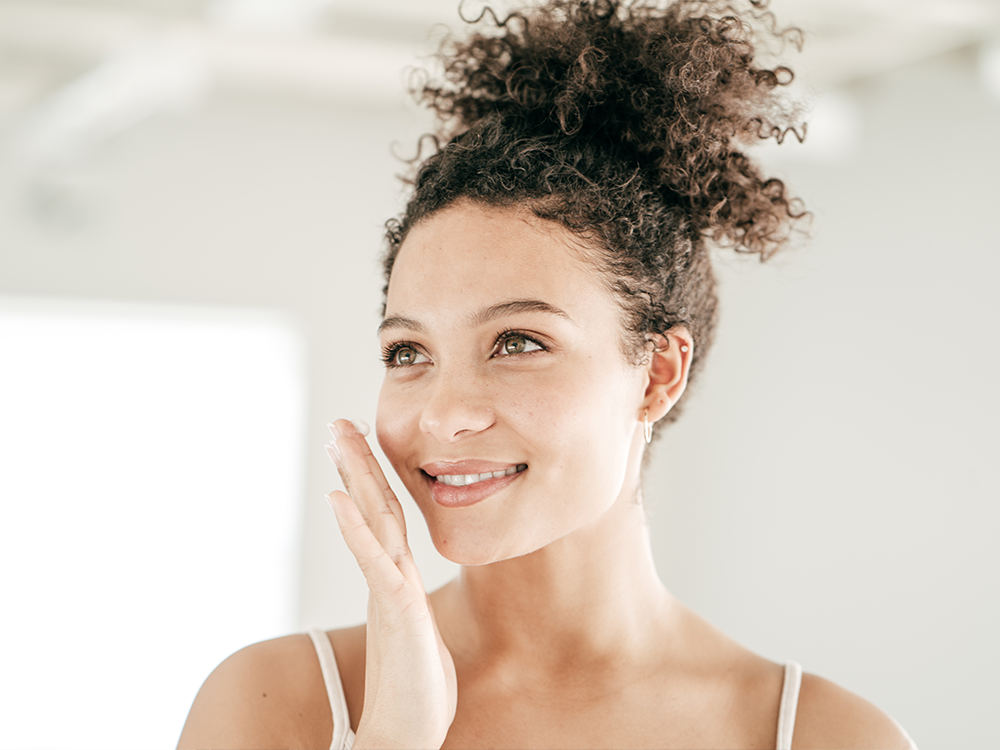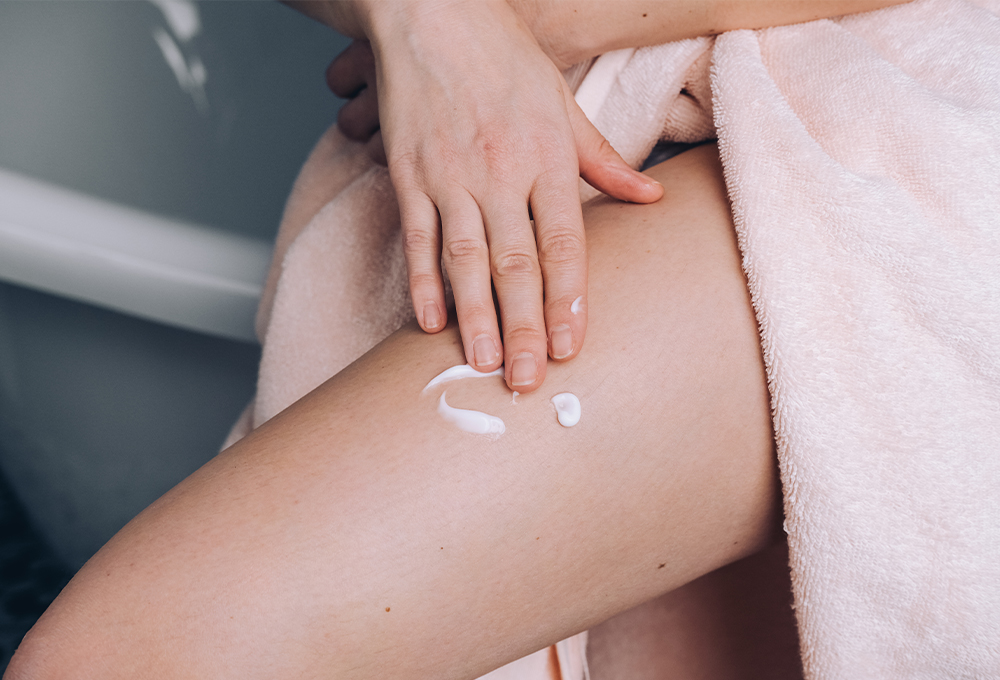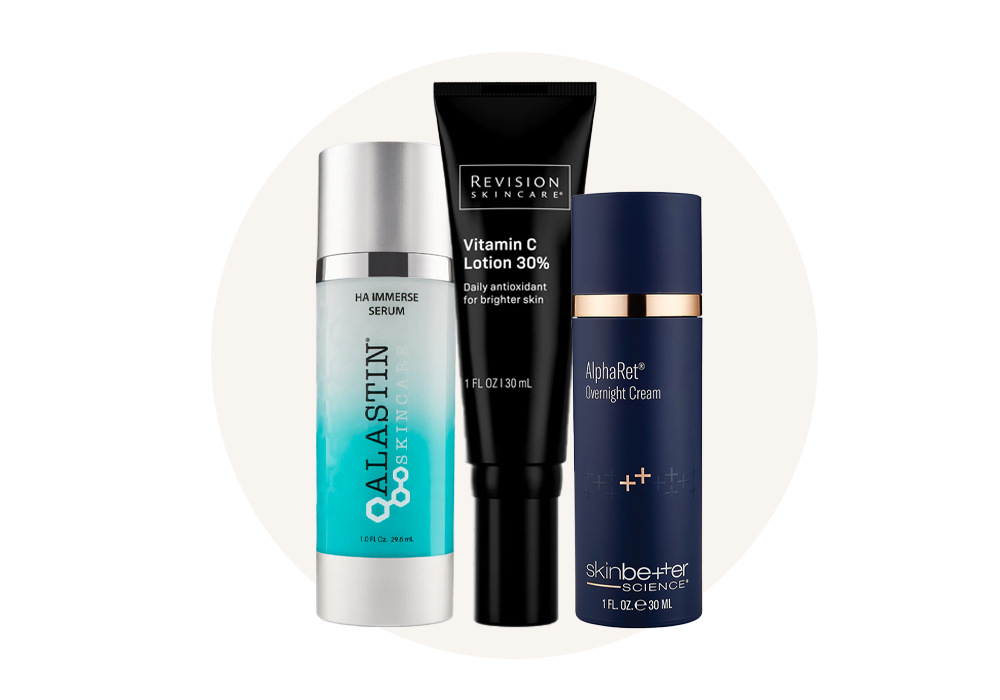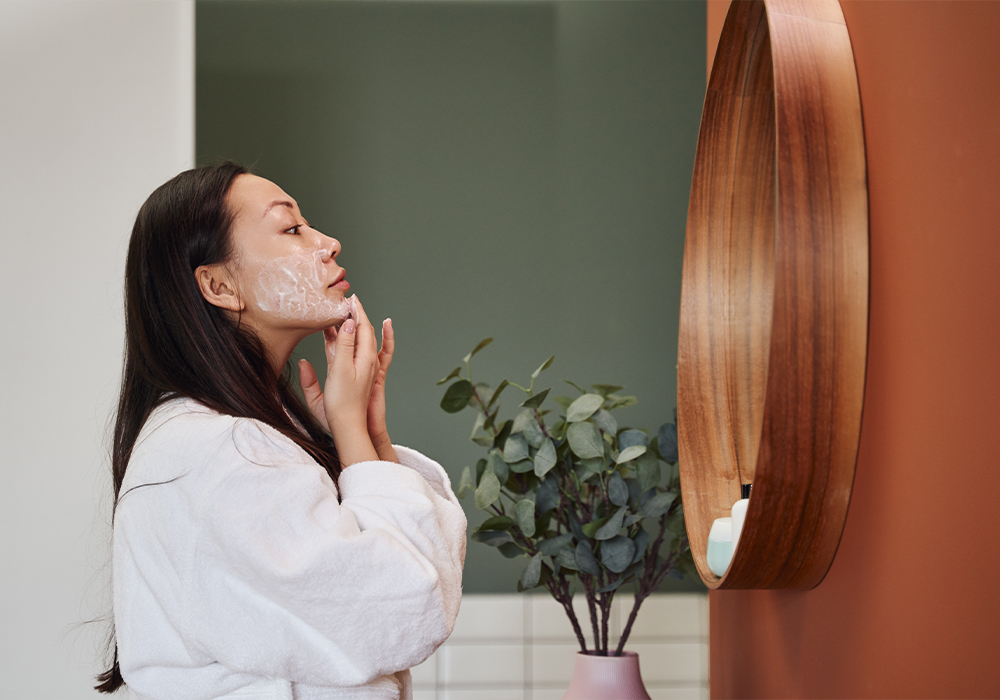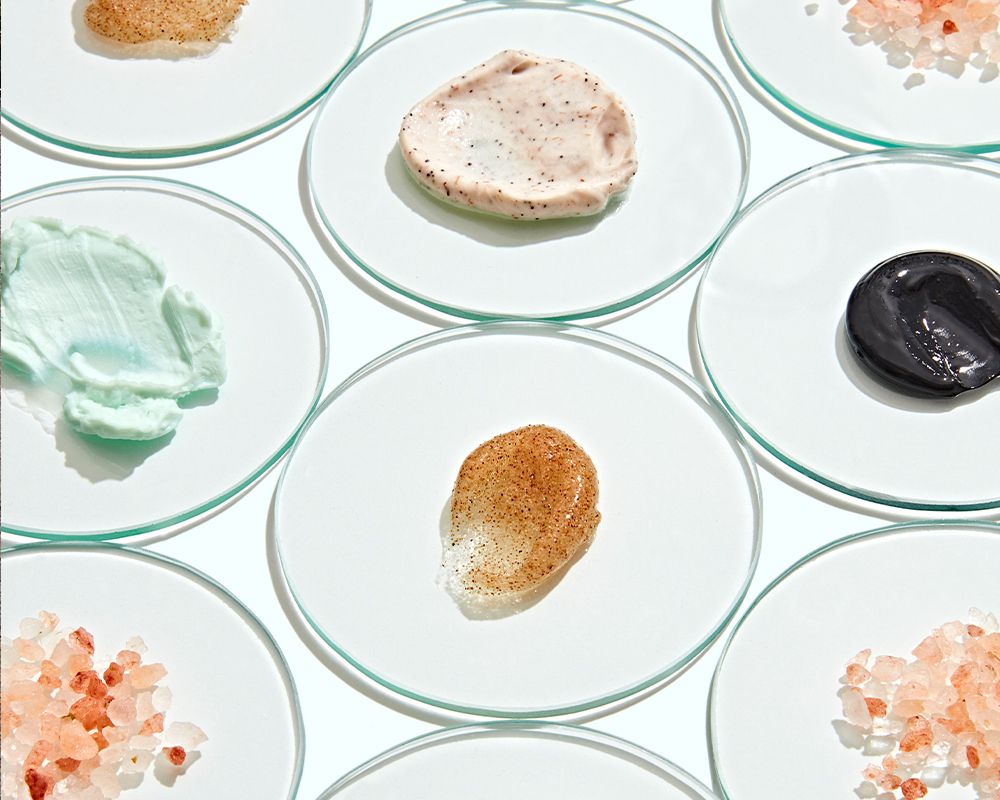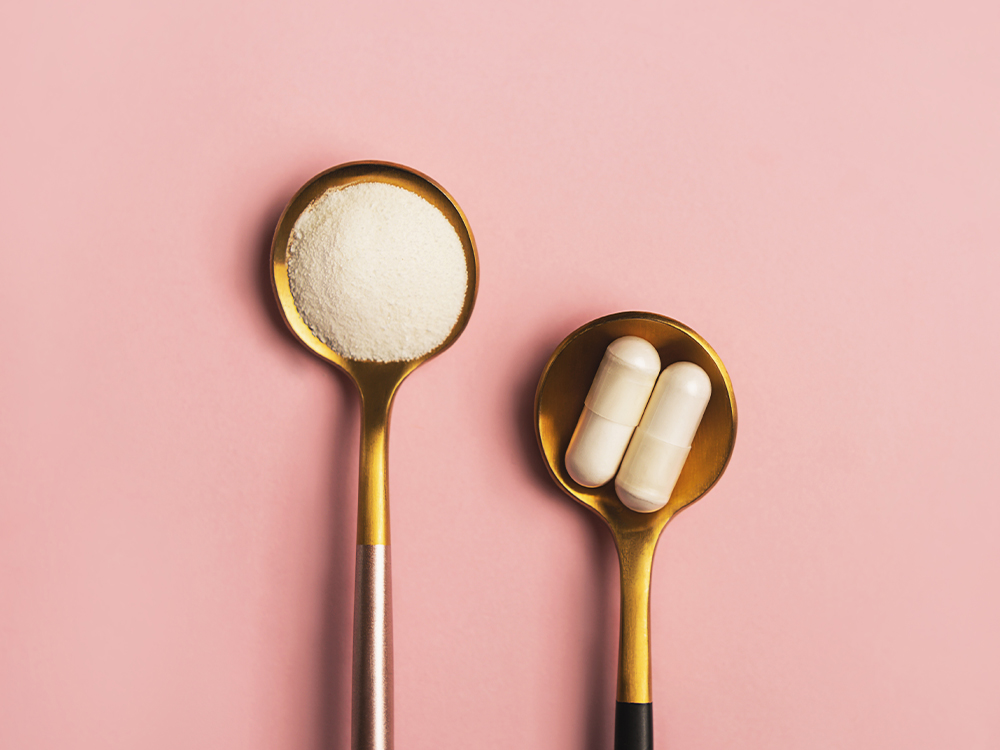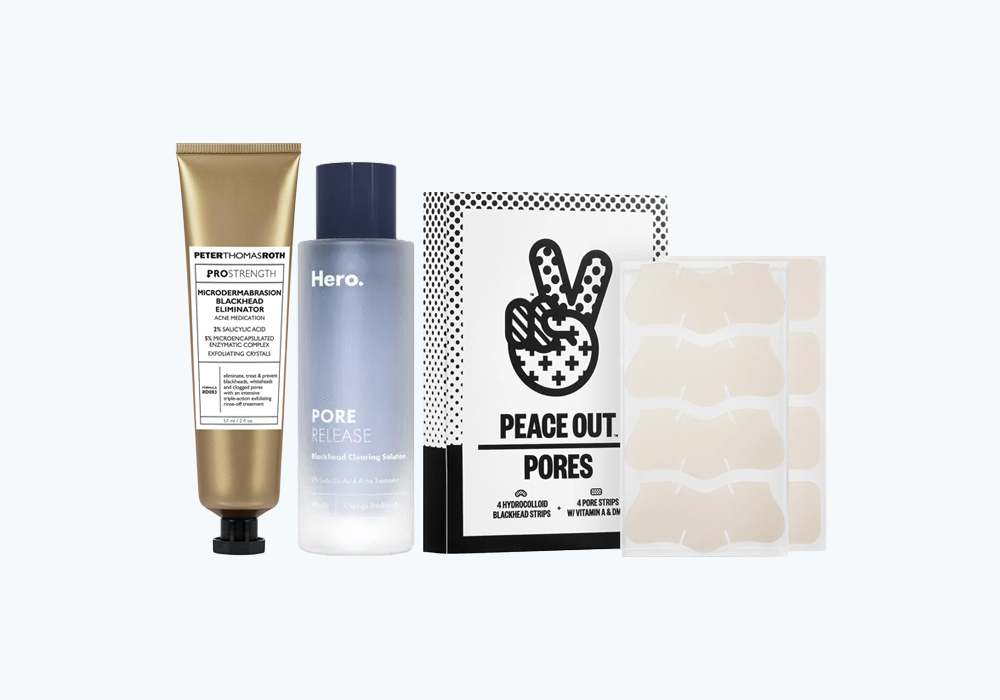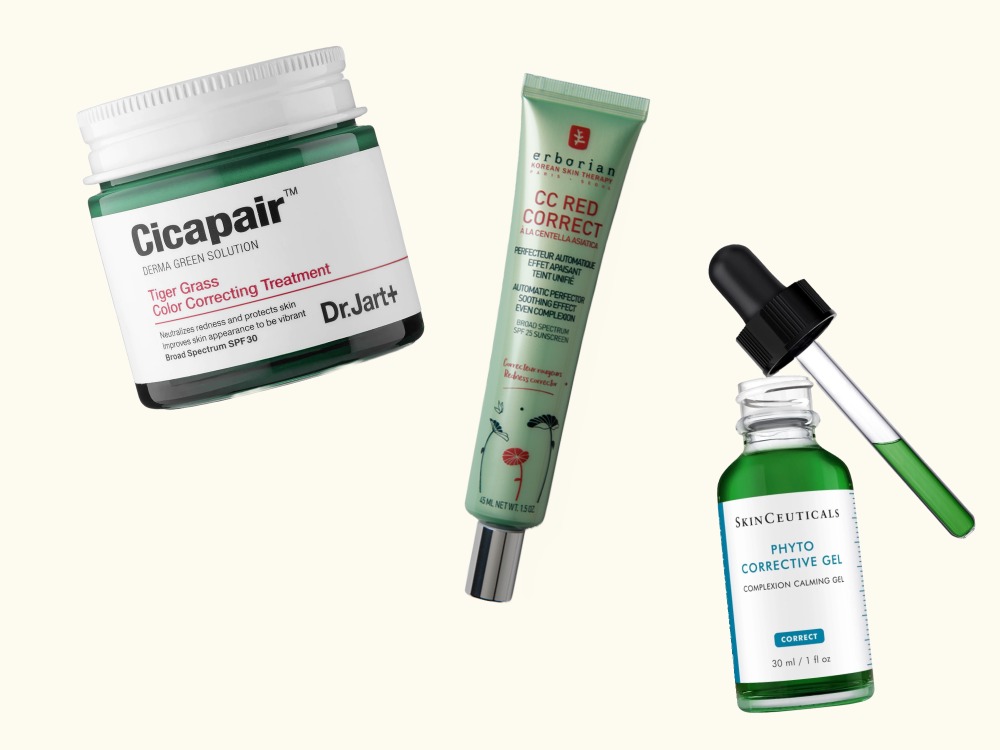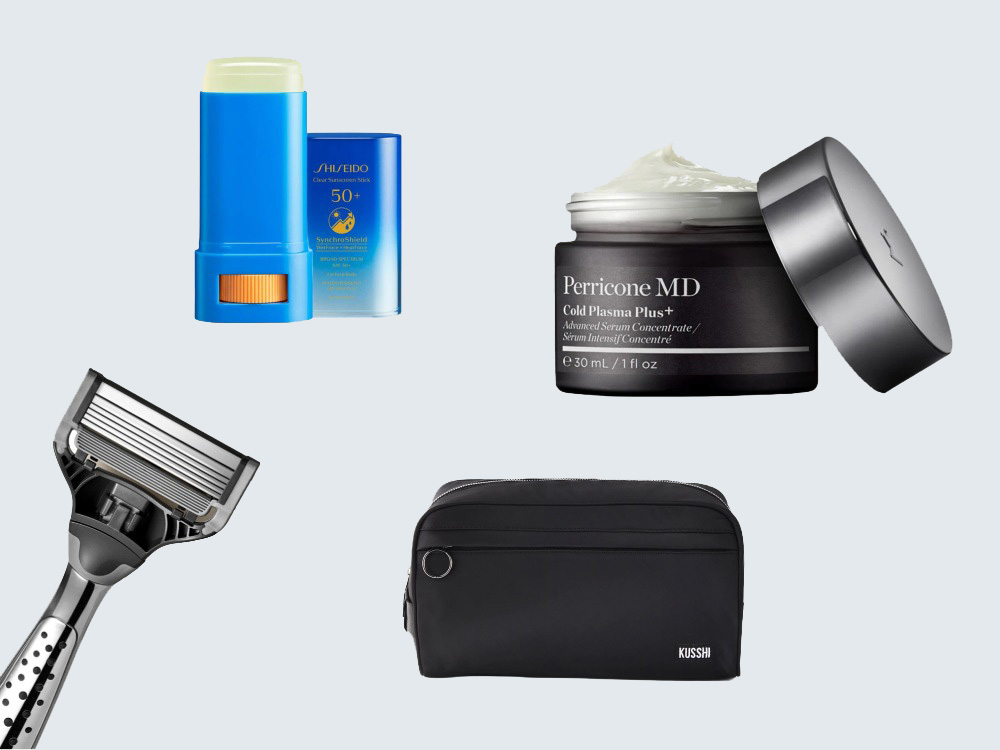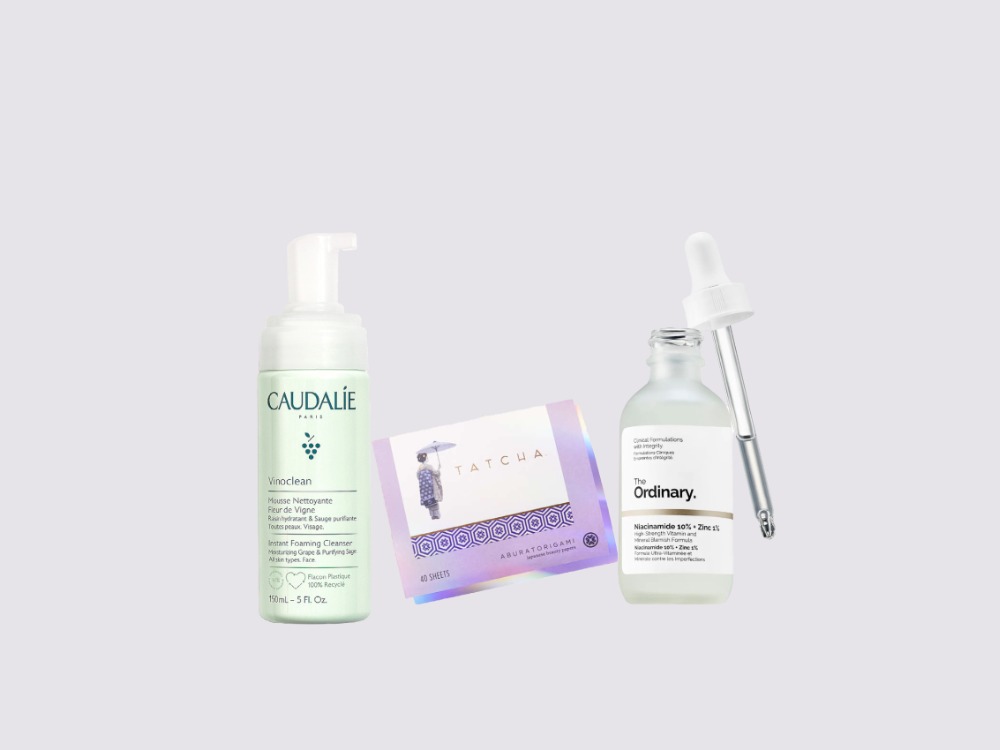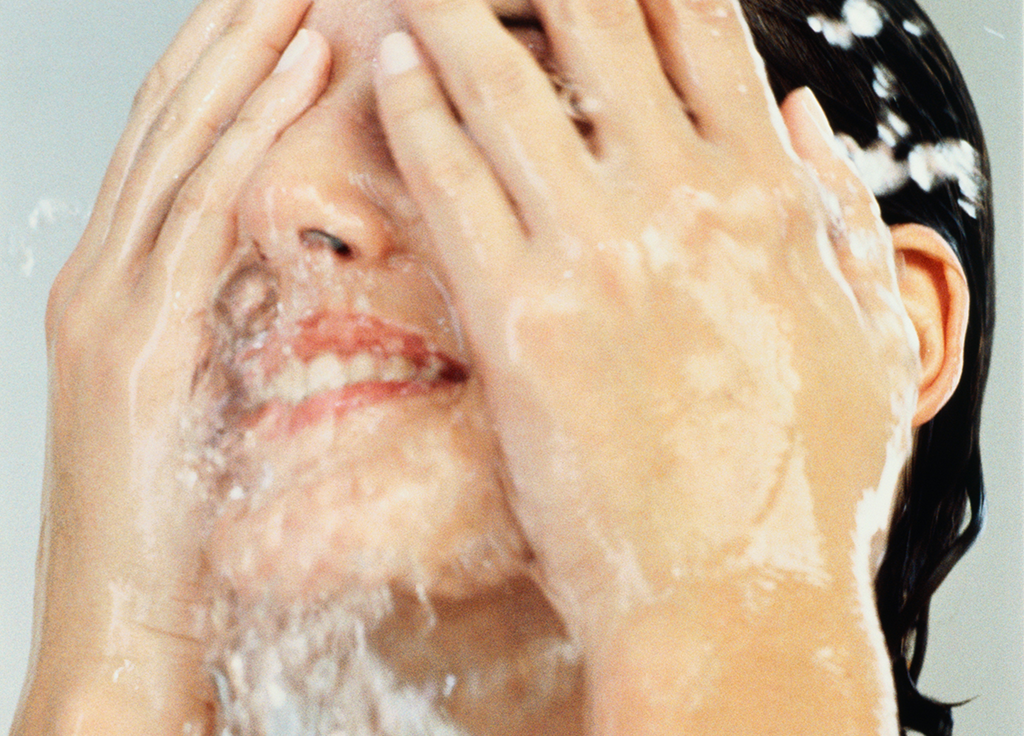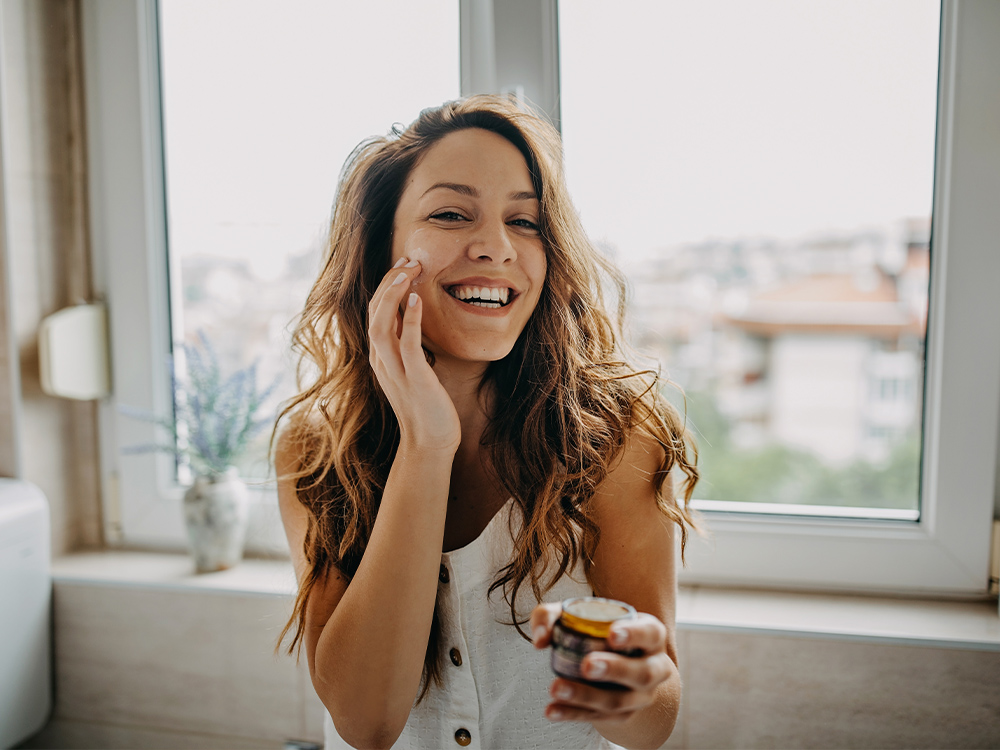While recent years have seen some buzzing in the skin-barrier game, Saddle Brook, NJ dermatologist Dr. Fredric Haberman says, in the very simplest terms, the skin’s barrier is its outermost protector—and it doesn’t really call for overcomplicated care. “To maintain healthy skin, it requires the basics, which includes a gentle cleanser, broad-spectrum sunscreen and moisturizer.” Here are five other myths (and a bonus game plan) the experts wish we would stop believing.
Myth 1: “Acidic” Skin Is Bad
Not to be confused with applying skin-care acids, Dr. Haberman says your skin barrier is actually slightly acidic—and that’s a good thing. “This acidity, aka the acid mantle, helps to create a kind of buffer against the growth of harmful bacteria, viruses and fungi that could damage your skin and lead to infections and other skin conditions.”
Myth 2: Exfoliating, Exfoliating and More Exfoliating Is Good
Davie, FL dermatologist Marianna Blyumin-Karasik, MD says that, in general, a healthy skin barrier is composed of multiple components but, in her opinion, the three most important are sustaining the proper level of hydration (surface moisture that reinforce the protective and seal function of top layer of the skin), pH balance and microbiome equilibrium—a nod to the good balance of bad-good microbes that determine optimal function.
“The biggest myth I’ve heard about barrier function is that an intense daily exfoliation is great for skin barrier,” she says. “Nope, aggressive mechanical or chemical exfoliation strips the protective skin barrier of all the above three factors. Less is more in regard to exfoliation. Listen to the skin, if its flaking, peeling, stinging, redder, then slow down on exfoliation, and, instead, moisturize!”
Myth 3: Your Skin’s Oil Glands Are Pretty Much Standard
Not exactly. “Facial skin has significantly more oil glands, and therefore natural production of emollients to reinforce barrier hydration mechanism,” Dr. Blyumin-Karasik says. “The body skin has less oil-gland concentration, hence it demands more outside hydration via humectants or emollient moisturizers—twice a day versus once a day—on average.”
Myth 4: …And So Is Your Skin’s Thickness
This one is kind of tricky, but also in line with the above. “Your skin’s thickness varies from area to area,” Dr. Haberman explains. “The dermis on your back is the thickest and your eyelid is the thinnest. The face can be damaged from chemical effects—like pollution or skin treatments—as well as physical effects like sunburns, wounds, and face-mask irritation. It gets dry, cracked, burned from acute and chronic sun exposure and wounds and should receive appropriate skin care.”
Myth 5: Once the Barrier Is Damaged, It’s Irreversible
Unlike most bad moves in life, this one does get a do-over (within reason): “The skin barrier is constantly working to protect you,” Dr. Haberman says. “However, due to prolonged exposure to sunlight, pollutants, bacteria and other hazards your skin barrier can get damaged, but most damage is reversible—although you’ll want to act fast. Chemical effects, like pollution or skin treatments, as well as physical effects like sunburns, wounds and face-mask irritation can damage skin cells which includes those of the immune system. These effects can lead to itchy skin, breakouts, rashes, fine lines, or other symptoms, but they can also make you even more prone to—and less protected from—future exposure to the elements.”
Bonus Round: Ingredients to Look For
As Dr. Haberman explains, ceramides are waxy lipids found in especially high concentrations in the stratum corneum—and they are crucial for the healthy functioning of your skin barrier. His recommendation on the road to healthy skin: “Consider using CeraVe cleanser and moisturizer. An occlusive moisturizer aids the skin barrier by reducing the amount of water loss from your skin. These products leave a thin film on your skin that helps to hold in moisture. One of the most frequently recommended occlusive moisturizers is petrolatum. An occlusive moisturizer aids the skin barrier by reducing the amount of water loss from your skin. These products leave a thin film on your skin that helps to hold in moisture. Humectants work by drawing water—either from the environment or from inside your body—and binding it in the skin barrier. Try to look for products that contain hyaluronic acid, glycerin, honey and urea.”
